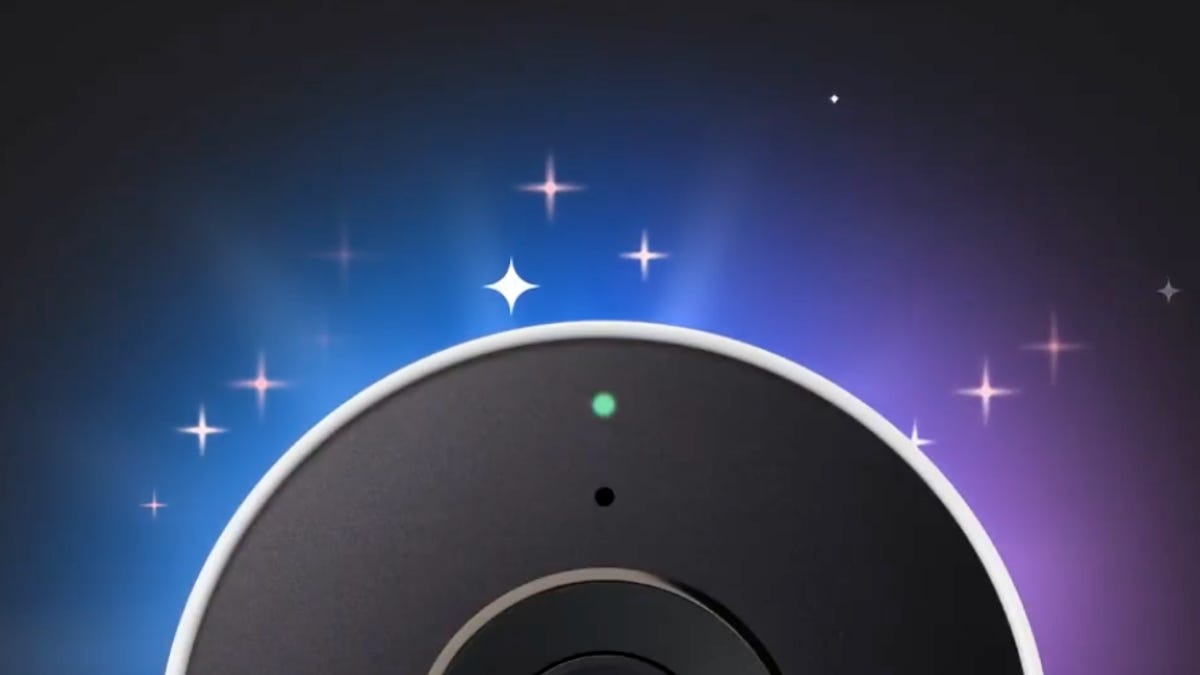Google Announces Gemini AI Integration for Smart Home Devices Starting October 1

Key Points
- Google will roll out Gemini AI to Nest devices on October 1.
- A refreshed Nest camera, speaker, and doorbell with 2K video are part of the update.
- Gemini will replace Google Assistant but keep the “Hey Google” wake word.
- New AI can handle complex queries like recipes, temperature adjustments, and selective lighting control.
- Smart‑home market is projected to grow 23 percent in the next five years.
- Gemini’s launch follows the August Made by Google event where it was first announced.
Google revealed that its Gemini artificial‑intelligence, the next‑generation AI behind the Gemini for Home brand, will roll out to its Nest smart‑home lineup on October 1. The company teased the move on X, showing an updated Nest camera that hints at a broader refresh that could include a speaker and a doorbell with 2K video. Gemini will eventually replace Google Assistant in these devices, keeping the “Hey Google” wake word while offering more nuanced conversational abilities for tasks such as cooking suggestions, thermostat control, and lighting management. The smart‑home market is projected to grow markedly in the coming years.
Announcement Overview
In a recent post on X, Google announced that Gemini, its newest AI model, will debut in the Nest smart‑home ecosystem on October 1. The teaser image featured a Nest camera, suggesting that the device may be part of a refresh that also includes an upgraded speaker and doorbell, both equipped with 2K camera support. This rollout follows the company’s Made by Google event in August, where Gemini for Home was first introduced as a future replacement for Google Assistant across its smart‑home products.
Device Updates and Capabilities
The visual cue of the Nest camera, last refreshed four years ago, indicates a likely hardware upgrade. Alongside the camera, a Nest speaker and doorbell are expected to receive enhancements, particularly in video resolution, to align with the 2K standard. While Google has not confirmed specific specifications, the inclusion of higher‑resolution imaging is consistent with the company’s broader push to improve visual clarity in its security and communication devices.
Gemini will retain the familiar “Hey Google” activation phrase, ensuring continuity for existing users. However, the underlying AI will be more sophisticated, enabling it to interpret complex and nuanced instructions. For example, users might ask, “Hey Google, what quick pasta dish can I cook in less than an hour?” or request a specific recipe such as “Give me a recipe for Caesar salad.” The AI’s expanded understanding also extends to environmental controls, allowing commands like “turn the temp to 68 degrees” or “turn off all the lights except in the kitchen.”
Transition from Google Assistant to Gemini
Google has stated that Gemini will eventually supplant Google Assistant in its smart‑home devices. The transition is framed as an evolution rather than a replacement of the wake word or overall user experience. By leveraging Gemini’s advanced AI, Google aims to deliver more accurate, context‑aware responses that go beyond simple command execution. This shift positions Gemini as the core conversational engine that powers Nest’s ecosystem, while still preserving the brand‑recognizable “Hey Google” prompt.
Market Context
Industry analysts forecast a robust expansion in the smart‑home sector, projecting a 23 percent growth over the next five years, according to Grand View Research. Google’s integration of Gemini aligns with this trajectory, seeking to capture a larger share of a market driven by consumer demand for seamless, intelligent home automation. By enhancing both hardware (through upgraded cameras and displays) and software (via more capable AI), Google aims to solidify its position as a leading provider of connected home solutions.
Future Outlook
The October 1 launch marks the first public availability of Gemini‑powered Nest devices, but Google signals that the rollout will continue beyond that date. As Gemini’s capabilities mature, users can expect broader compatibility across additional smart‑home products, potentially extending to thermostats, lighting systems, and other IoT devices. The company’s strategy emphasizes incremental improvements that build on existing ecosystems while introducing advanced AI features that simplify everyday tasks.